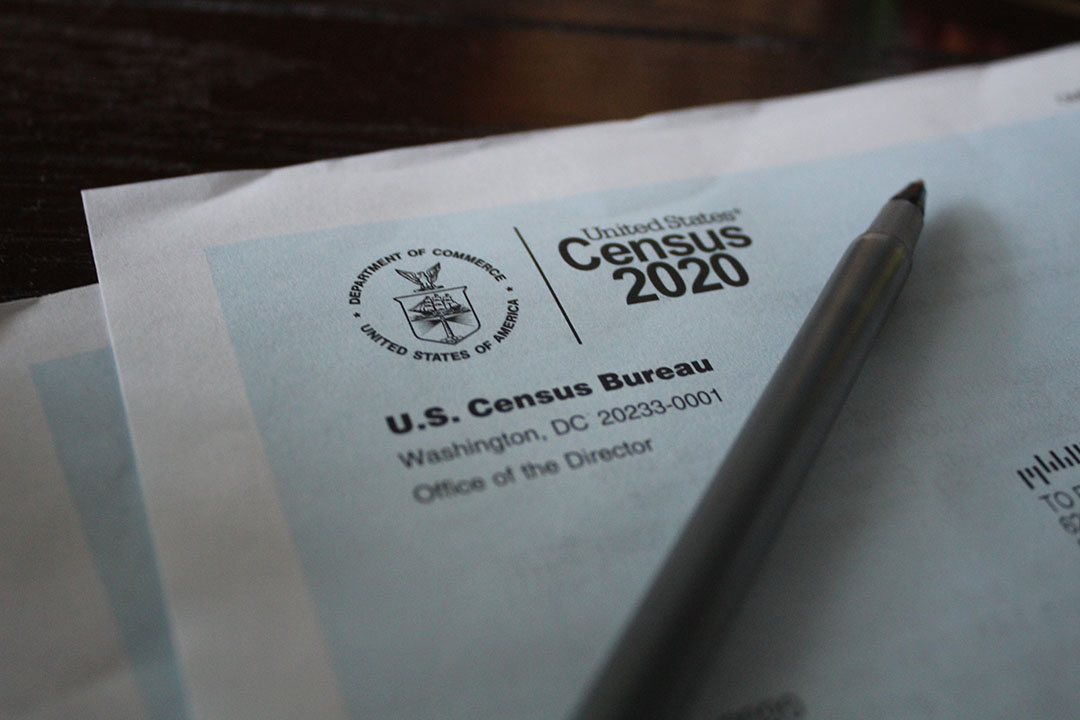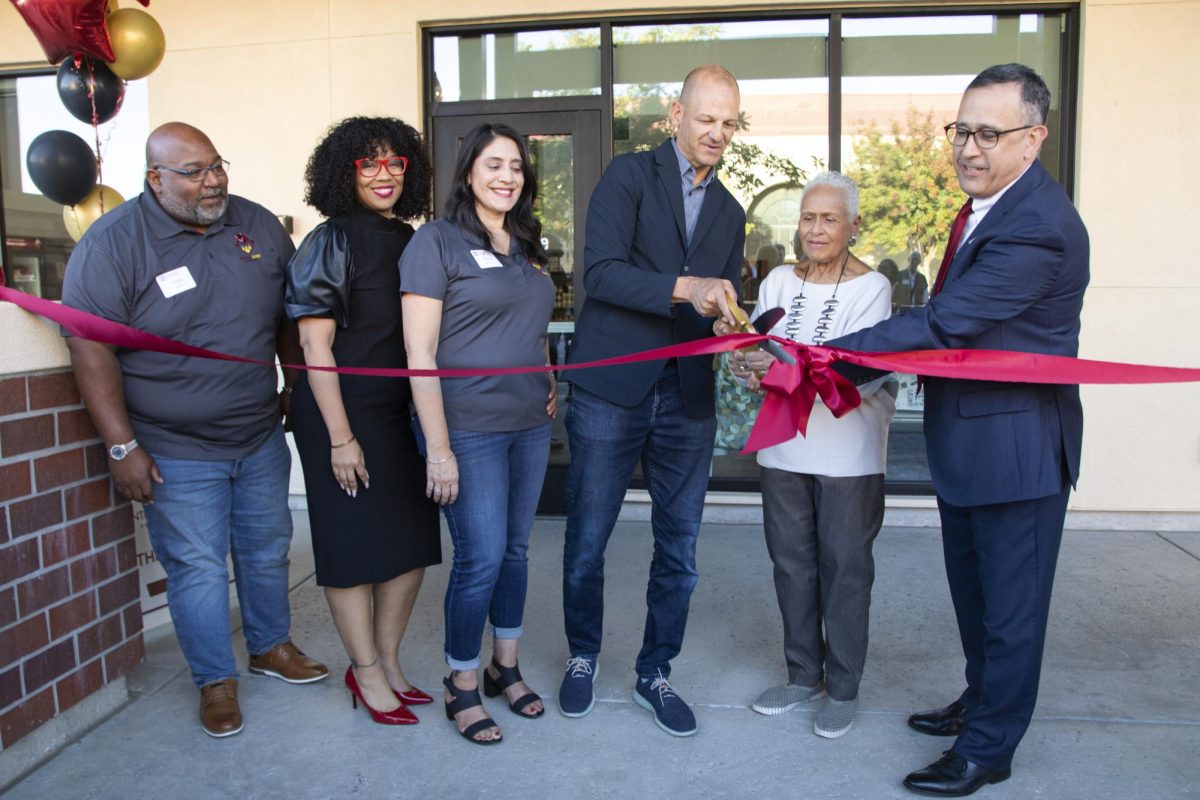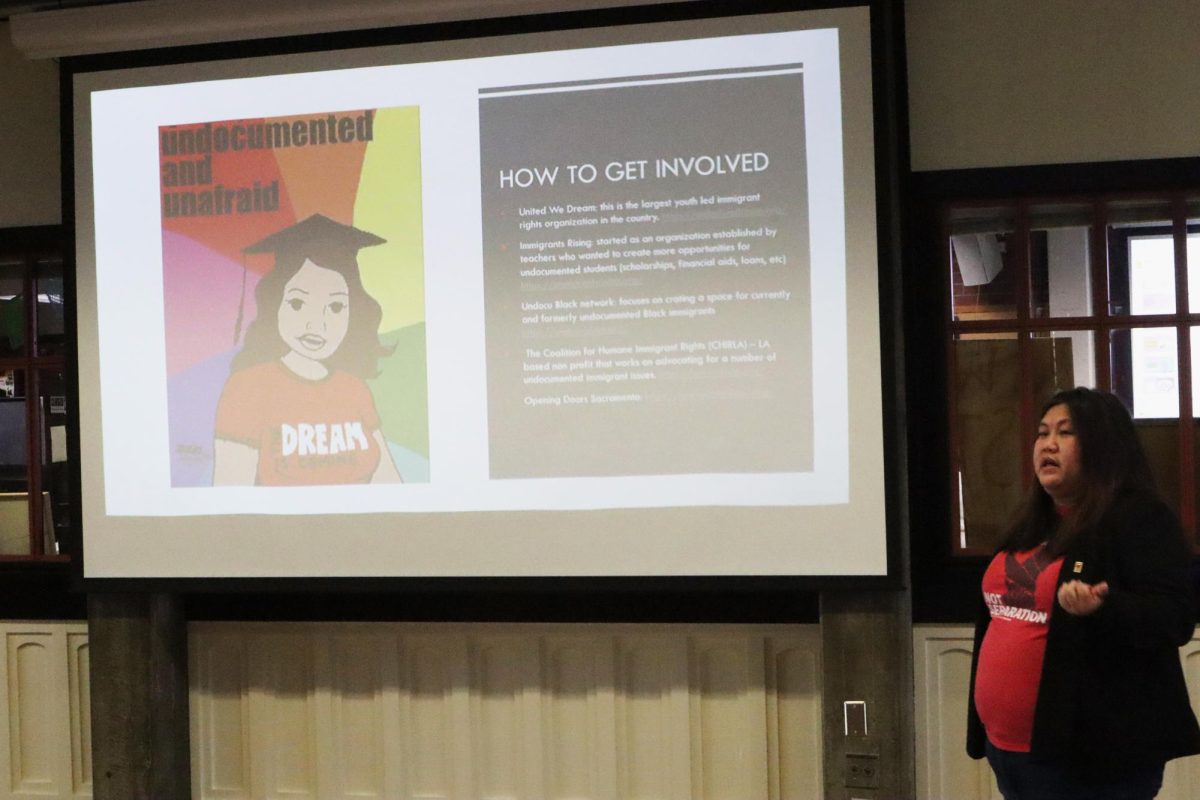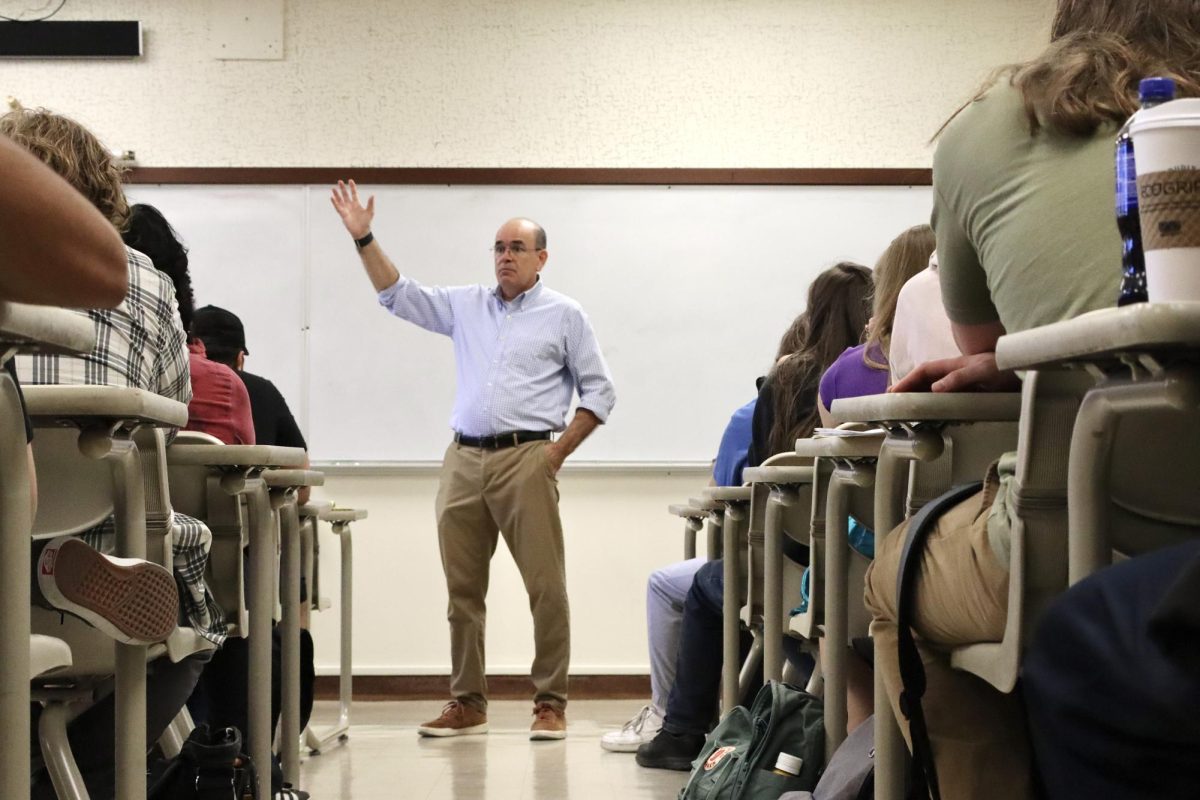The 2020 Census will regulate how funding for things like some financial aid, housing, transportation and health care are allocated for the next 10 years, according to California Community Colleges. It also will determine how many seats California will have in the House of Representatives for that time.
The lives of community college students are affected by the outcome of these results, yet they are one of the most difficult demographics to account for in a census. Outreach has become even more difficult as a result of COVID-19 related events, according to Mark Perry, a project manager for the California Community Colleges Career Education Campaign.
“Many of the community colleges are located in rural, urban and suburban areas throughout the state, and serve diverse and hard-to-reach communities,” Perry says.
Some of the communities he lists make up a large demographic of the Los Rios Community Colleges, such as non-white persons and those who live under the poverty line, according to statistics posted on the Los Rios website.
Perry adds that some students are concerned over a potential immigration and citizenship question on the census, but adds that the 2020 census features no such query.
“It’s essential that our students know that the U.S. Supreme Court ruled that immigration and citizenship status will not be asked in the census. Students’ census data is safe, protected, confidential and will not be shared with the federal government or any other organization,” Perry says.
Though City College and the other Los Rios Community Colleges have been raising awareness among students about the census, how effective these efforts will be in the long run is yet to be seen.
J. Rubén Martínez teaches U.S. History at City College. While he acknowledges the importance of teaching students about the census, he also notes that present conditions have made it harder to do so.
“I wasn’t making the census a big part of class, but I do bring it up briefly when I cover the debate at the Constitutional Convention over state representation,” says Martínez. “I agree that it’s important, and this semester I tried to emphasize it more, but this has been a really trying semester.”
Perry believes that though it may be more difficult to conduct outreach at this time, he asserts that it is nevertheless important for students to try.
“It’s essential that we get a complete count of every student from all 115 [community college] campuses so our students get their fair share of federal resources for years to come, including funding for federal student loans and research grants, campus improvements, health and social services, and much more,” Perry says. “Census funding is even more important since the COVID-19 pandemic began, and statewide budgets are being severely impacted.”
Census takers will also begin going door to door this summer to get an accurate count of households, according to 2020census.gov. Census counts are taken per household, not by individuals.
There is still time to fill out the census, and there are more ways than ever to do so. According to Perry, the quickest and easiest ways to complete the census are online or by phone, but it can also be completed by mail through the summer. If done online, the census can be filled out in 13 different languages for the first time in its over 200-year history, and should take only about 10 minutes to complete.




























